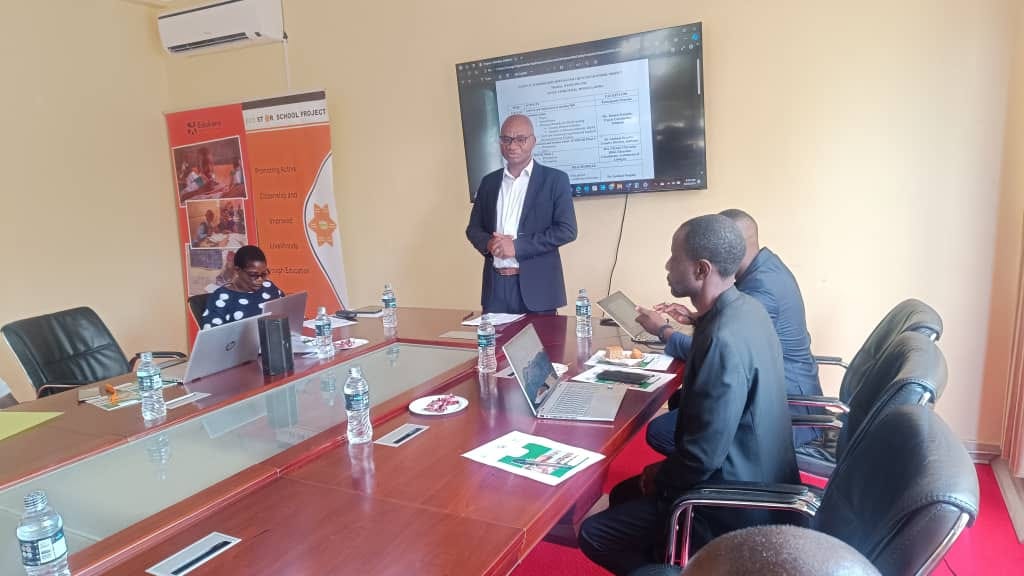Innovative Eco Project Uplifts Malawi Schools
The project is funded by the Wilde Ganzen Organisation and EDUKANS NL, with a total funding of MWK 368,855,641.

LILONGWE, Malawi— The Ministry of Education has commended the Eco Star school Project, a collaboration between EDUKANS Foundation and the Archdiocese of Lilongwe, for its innovative approach in promoting sustainable livelihoods and quality education among marginalized students in Malawian primary schools, writes Bridgette Mwanoka.
During a National Stakeholders meeting in Dowa district on Thursday, January 18, 2014, the project was highly praised for its creative solutions that go beyond traditional education standards and address the diverse needs of students, communities, and schools.
Dr. Zizwa Msukuma, Director of Teacher Education and Development, highlighted the project's inventiveness and its positive impact on education, particularly in supporting sustainable and healthy livelihoods.
"The initiative is creative in that it has addressed the needs of students, communities, and schools in the nation by advancing the educational field," Dr. Msukuma stated.
Dr. Limbani Nsapato, EDUKANS Foundation Country Director, hailed the Eco Star School Project as a beacon of innovation that has significantly influenced Malawi's educational system.
Dr. Nsapato said, "It is a shining example of innovation that has made a major impact on Malawi's educational system."
Chrissie Chisamba, Education Coordinator for the Archdiocese of Lilongwe, highlighted the project's contribution to enhancing education through teacher training in active teaching and learning techniques, communication, and environmental and quality assessments.
Chisamba stated, "The project has improved education in the nation by providing teachers with training in active teaching and learning techniques, communication, and the conduct of environmental and quality assessments."
The first phase of the Eco Star School Project, which took place from 2020 to 2022, had a positive impact on 20 primary schools across Lilongwe, Salima, Mangochi, and Thyolo districts.
As part of the initiative, 9,128 trees were planted across these schools, and 72.4% of learners passed their Primary School Leaving Certificate of Education (PSLCE). The project also empowered 22,268 learners and 108 teachers.
The second phase of the project, which began in November 2023 and will conclude in February 2026, aims to benefit 15,000 students across 30 schools in the same districts.
By 2025, it is expected to equip educators and administrators with the necessary knowledge and skills to enhance instruction and learning.
The project is funded by the Wilde Ganzen Organisation and EDUKANS NL, with a total funding of MWK 368,855,641.
The Eco Star School Project continues to make significant strides in promoting sustainable livelihoods and improving the quality of education in Malawian primary schools.
It serves as an inspiring model for other initiatives seeking to create positive change in the educational landscape of the country.


